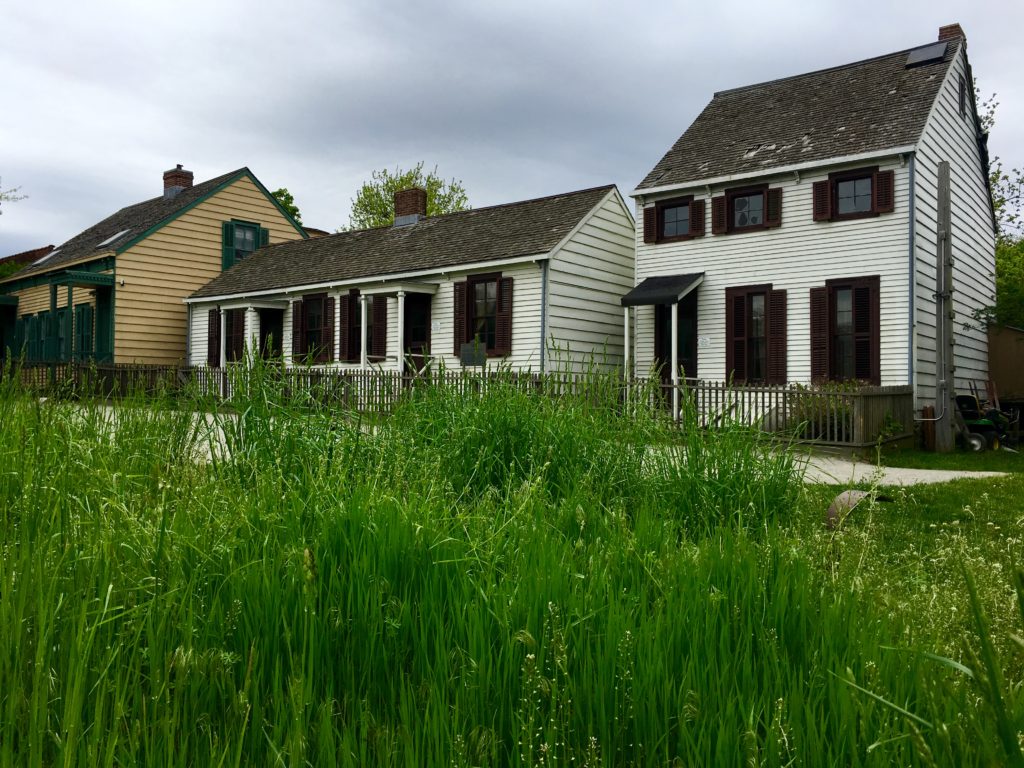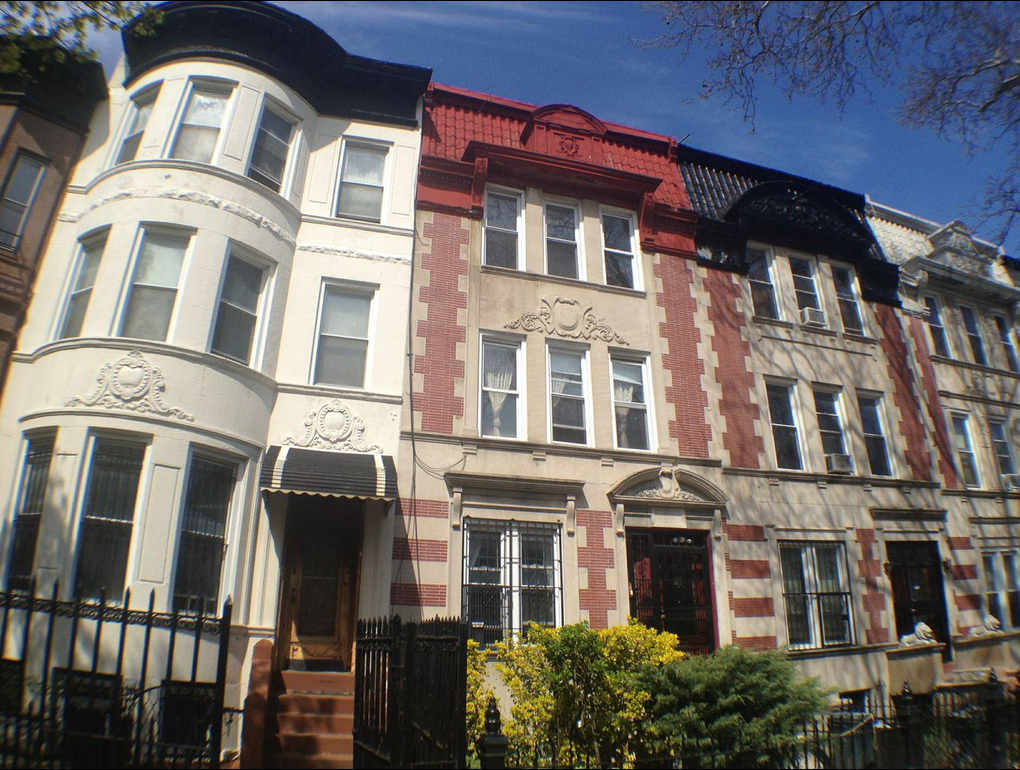Saving Weeksville: Thousands of donations pour in to keep museum open
Center is on track to avoid threat of July closing

Historic houses at Weeksville Heritage Center. Eagle photo by Lore Croghan
Thousands of supporters of the Weeksville Heritage Center, a Crown Heights museum dedicated to the history of one of pre-Civil War America’s free black communities, have pooled together to raise more than $130,000 in nine days to keep the museum from closing.
Rob Fields, the director of the center, announced last week that Weeksville will close in July unless it raises $200,000 by June 30 to cover a budget shortfall.
Just over a week and 2,200 donations later, the center appears to be on track to meet its goal.
